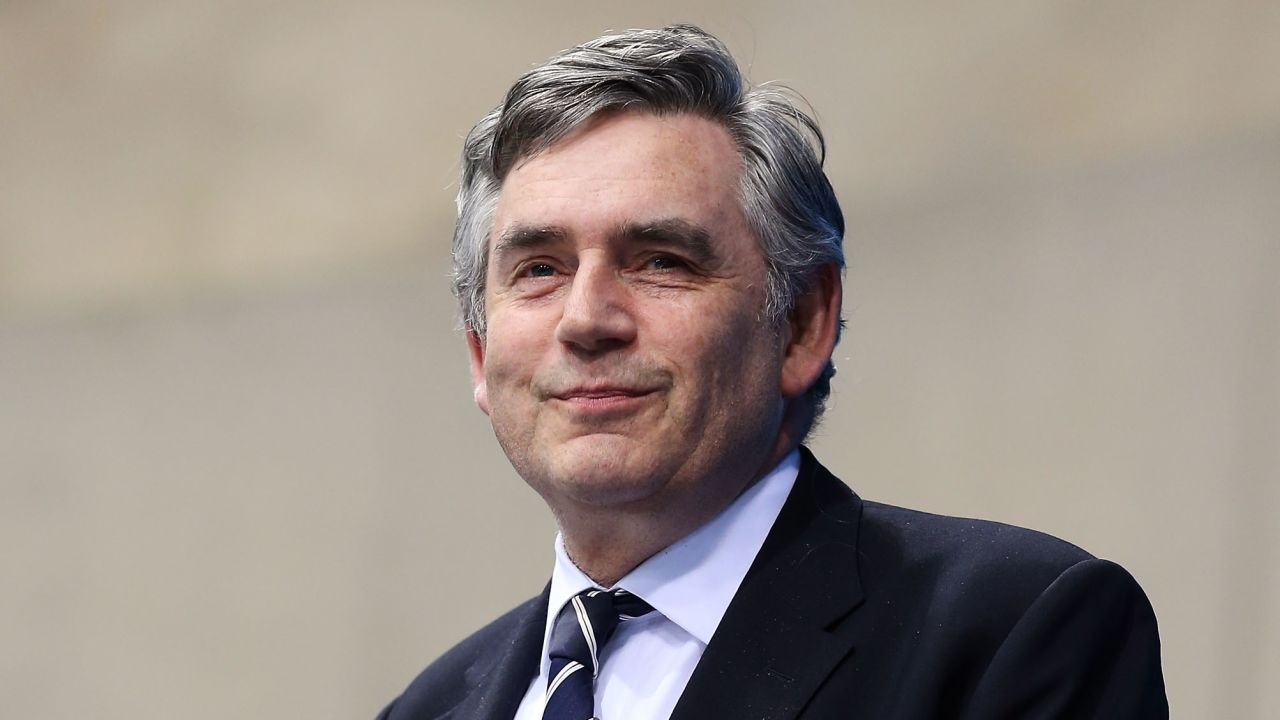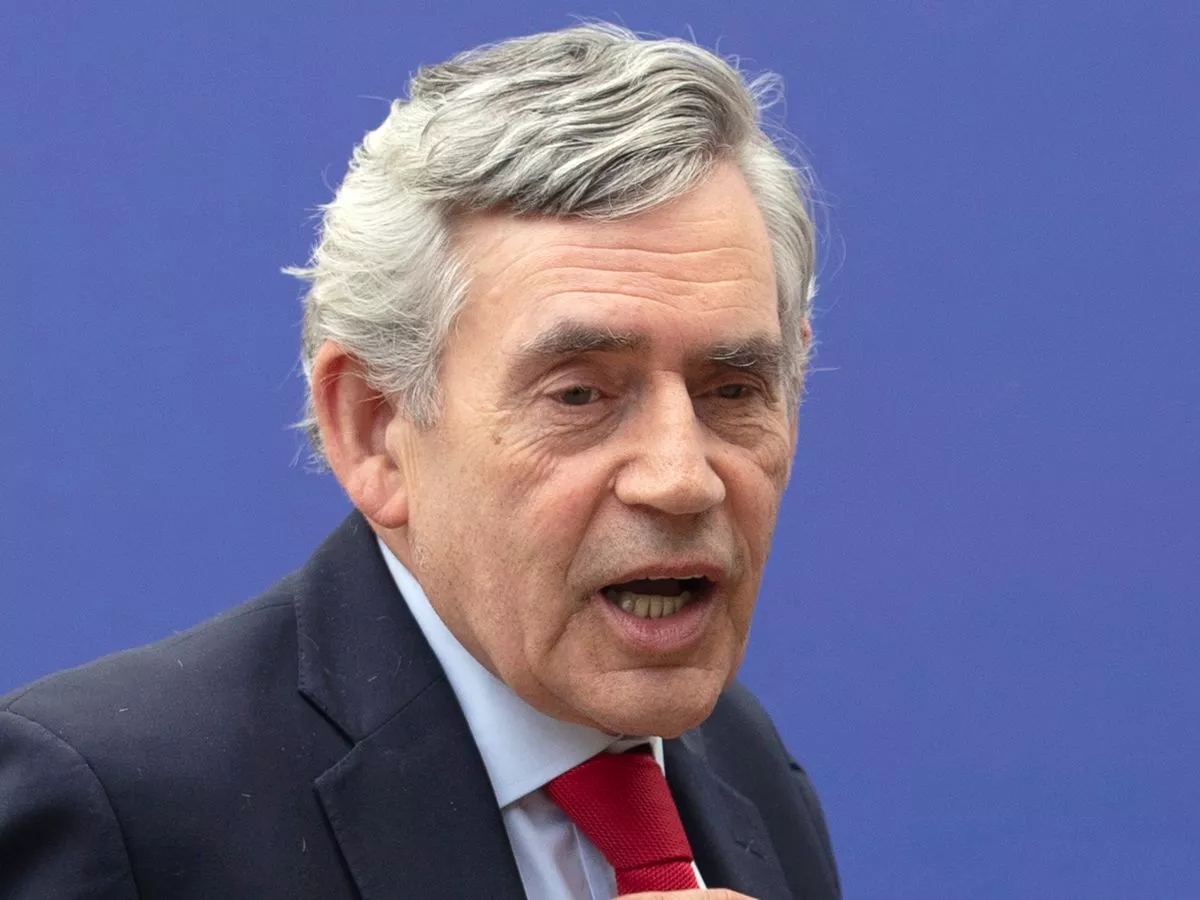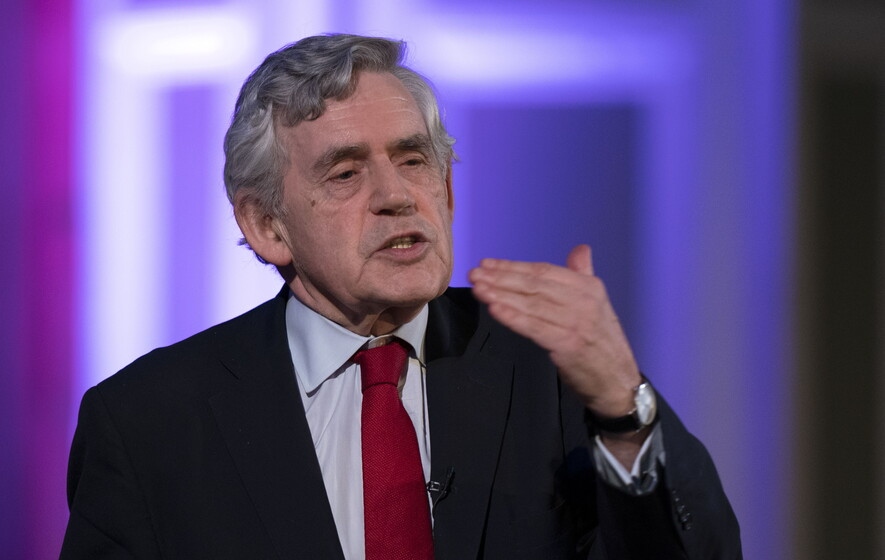Comments
- No comments found

Former UK Prime Minister Gordon Brown has suggested that the world's wealthiest oil-producing nations should pay a global windfall tax.
According to Gordon Brown, a global windfall tax could provide crucial financial support to less affluent countries in their battle against climate change. The idea comes at a critical juncture, with the COP28 summit in Dubai just around the corner. In this article, we'll delve into Gordon Brown's proposal, its potential impact, and the context surrounding it.

Gordon Brown contends that countries like Saudi Arabia, the UAE, Qatar, and Norway reaped substantial profits in a "lottery-style bonanza" last year due to the soaring price of oil. He suggests the imposition of a $25 billion (£20.4 billion) windfall tax on these oil-rich nations. This tax could be pivotal in facilitating an agreement on a climate fund aimed at assisting developing countries.
Brown highlights that "petro-states" recorded staggering profits from the oil price surge in recent years. The five wealthiest of these nations, including Kuwait, doubled their oil revenues in 2022. According to data from the International Energy Agency (IEA), global oil and gas revenues surged from £1.2 trillion before the COVID-19 pandemic to an unprecedented £3.3 trillion. This colossal income is 20 times the entire global aid budget and surpasses the entire GDP of the United Kingdom.
With the COP28 summit on the horizon, Brown's proposal assumes even greater significance. The UAE, one of the richest oil producers, is hosting this crucial climate conference. Brown's plan is seen as a proactive step to prevent potential gridlock and breakdowns during the summit.
Mr Brown underscores that the high prices of oil and gas played a significant role in pushing an estimated 141 million additional people worldwide into extreme poverty. He emphasizes the need for the wealthiest oil-producing nations to contribute 3% of their export earnings, equivalent to £20.4 billion in 2022, characterizing it as the minimum they could do.

Gordon Brown believes that implementing this windfall tax would carry immense consequences. It could inject hope into crisis-ridden countries, providing what has been lacking in recent summits. By redistributing wealth from affluent oil states to climate action in less developed regions, the tax could be a turning point in the global fight against climate change.
The former prime minister's proposal for a global windfall tax on the richest oil-producing nations is a bold and innovative step toward addressing the climate crisis. As world leaders prepare to convene at COP28, the idea offers a ray of hope for nations grappling with the consequences of climate change. If implemented, this tax could mark a historic shift in climate financing, demonstrating solidarity among nations in the battle against global warming.
Leave your comments
Post comment as a guest